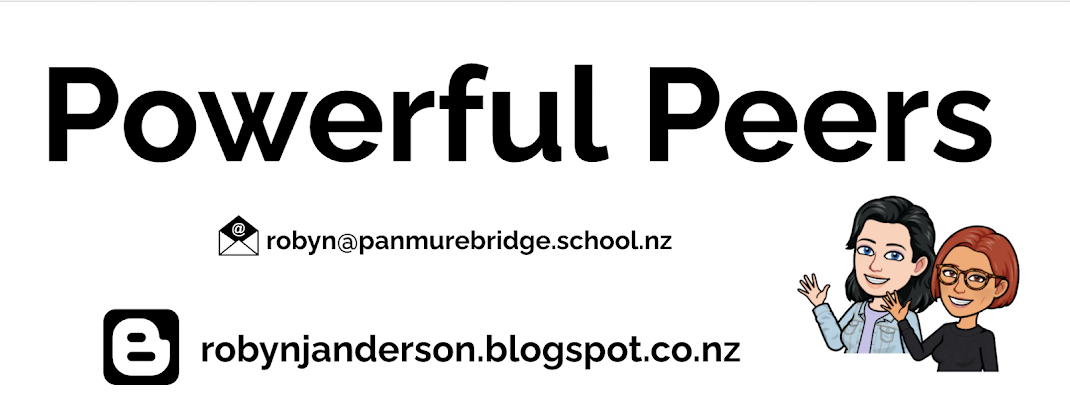When considering the language in abundance lens, I now know that I need to change my inquiry question. I am moving away from 'looking at ways I can use talk to strengthen connections and raise achievement in writing for my priority learners', to 'looking at ways stronger connections to content specific vocabulary can help overcome hindered student self efficacy in writing'.
In searching for a definition of self efficacy, I found this sabbatical report from Ted Benton (2014). In his report, Baker defines self efficacy as being, 'the strength of an individual’s belief that he or she can successfully perform a given activity or task'. This definition resonates with me as I know this is the historical barrier to learning that I need to breakdown.
In my previous post I identified the fact that many of these learners find writing 'boring' or 'too hard'. From an inquiry perspective, if I am to accelerate achievement in writing for this group of priority leaners, I need to be obvious in my belief of their ability. They need to be able to see the partnership between my belief in their ability and my expectations of what I want them to achieve. Making this conscious change in my practise is one area I will be putting under the microscope.
Ensuring I provide opportunities for these learners to hear, explore, understand and use a wider variety of vocabulary is another avenue I will be exploring. “The extent of a student’s oral language resources has an enabling or disabling effect on his or her... writing... In the classroom when talk.... is an integral part of literacy.... writing is enriched and expanded.” Dr Jannie van Hees, (2007) With this in mind I plan to use oral language (talk) to build on the familiar and help these students embrace the learning.
My immediate next step will be to use the e-asTTle attitude matrix to identify how these learners feel about writing and how they perceive others (including me), feel about their writing. By gathering this data now and comparing it with the end point data for 2018 I hope to show a shift over time in self efficacy.


No comments:
Post a Comment